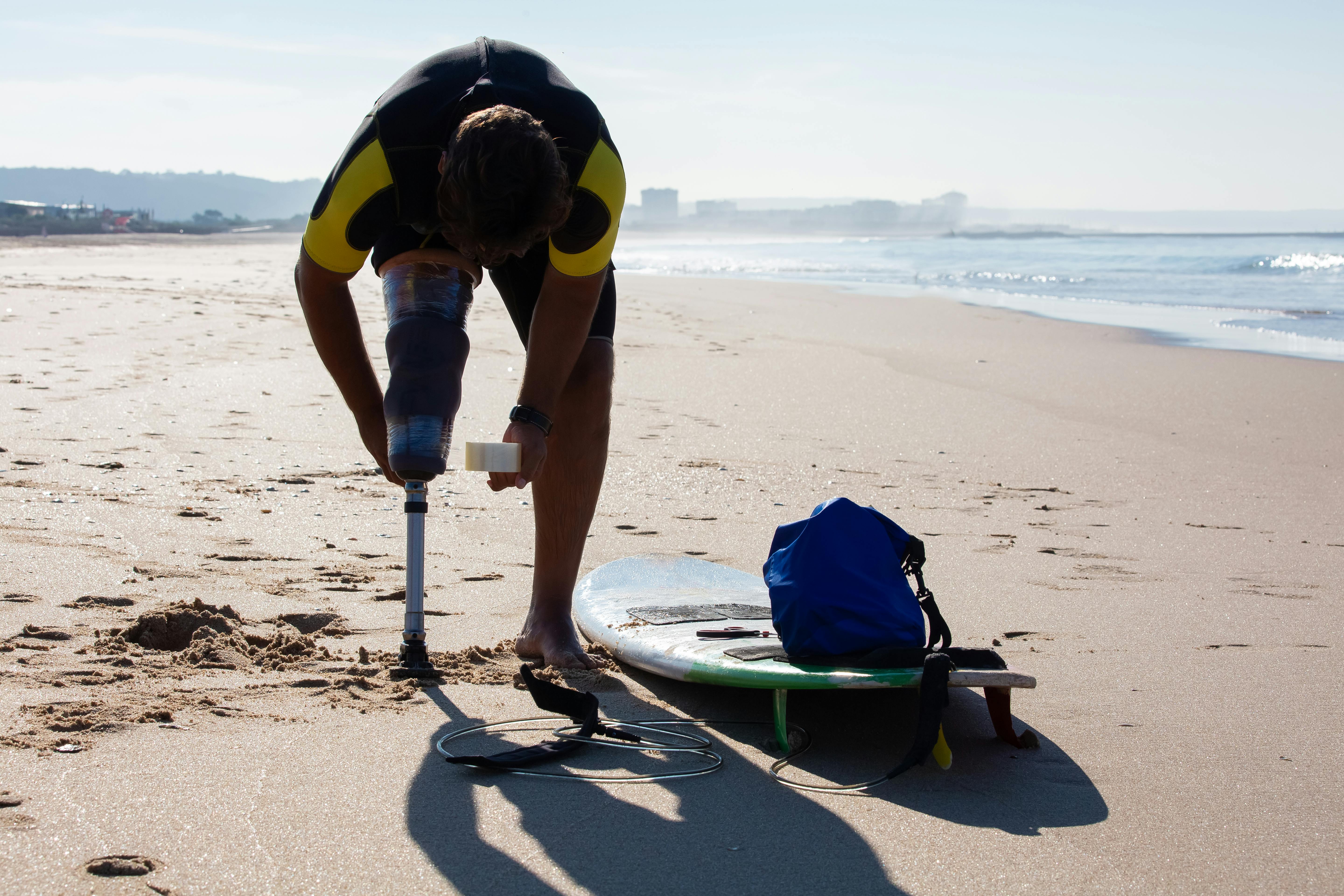Introduction
When life shifts suddenly, an accident that changes your body and your world, it's natural to feel overwhelmed by uncertainty, fear, and stigma. What will your new normal look like? How do you navigate loss, pain, and society’s misconceptions all at once? For many newly disabled adults, these anxieties are deep and often unspoken.
But the journey ahead, though challenging, holds space for growth, resilience, and rediscovery. This beginner’s guide offers empathetic, practical steps to help you build daily routines, access vital resources, foster self-love, and reclaim power in your own story. You are not alone, and understanding combined with action can light the path forward.
Understanding Your New Reality
Facing Stigma and Internal Doubt
Newly disabled adults often wrestle with societal stigma, misconceptions that disability equals weakness or dependence. The “invisible weight” of stigma doesn’t just impact how others see you; it can seep into self-worth and confidence. Many experience feelings of grief for their previous abilities and anxiety about acceptance.
Mark, who became disabled after a motorcycle accident, shares, “I struggled with looking at myself in the mirror, wondering if I was still ‘me.’ Friends treated me differently, and I withdrew.” This story is common yet rarely discussed openly. But importantly, stigma is a social construct, not a personal truth, and unlearning it is part of healing.
Getting Informed
Learning about your specific disability, available supports, and rights can be empowering. Understanding your medical condition, assistive devices, and community resources creates the foundation for advocacy and confidence.
Building Daily Routines That Empower
Routine can feel elusive when everything has changed. Start small: anchor your day with simple rituals that give you control and comfort, whether it’s morning stretches, medication reminders, or set meal times.
Use visual calendars or digital apps to organize your day and reduce cognitive load.
Incorporate gentle physical activity adapted to your abilities, such as chair exercises or water therapy.
Prioritize rest and mindfulness to balance physical and mental fatigue.
With each small routine established, you rebuild not just structure but also autonomy and hope.
Accessing Valuable Online Resources
The internet is a trove of support communities, educational resources, and practical tools for newly disabled adults. From forums sharing lived experiences to webinars on adaptive technology, these platforms reduce isolation and increase knowledge.
Join peer support groups on social platforms and apps tailored to disability communities for shared advice and encouragement.
Explore websites devoted to disability rights, accessibility laws, and assistive innovations.
Use apps like the My Special Needs app to track therapy, milestones, medications, and social goals, making daily life more manageable.
Interacting with others who understand your journey fosters connection and growth.
Fostering Self-Acceptance and Advocacy
True healing comes with self-acceptance, a process of embracing your worth beyond ability or appearance. Celebrate your strengths and progress, while allowing space for setbacks without judgment.
Top 5 Self-Advocacy Tips:
- Educate yourself on your disability rights and available accommodations
- Practice clear communication about your needs with family, employers, and health providers
- Use assistive and digital tools to aid independence and record progress
- Set realistic goals and celebrate incremental achievements
- Connect with advocacy groups or peer mentors for ongoing support
Advocacy is a lifelong skill, a gift you give yourself, turning vulnerability into voice.
Real Connection & Community
No one’s journey is meant to be solitary. There are safe spaces across cities and cyberspace filled with understanding and encouragement. Communities exist to share stories, offer advice, and simply listen, to remind you that you belong.
The My Special Needs platform is one such place where adults, families, and carers find tailored resources and connection in a compassionate environment.
(Internal link placeholder: See our blog on Families Who Are Just Starting To Understand Disability
Conclusion
Becoming newly disabled is a profound life change, but it is not the end of your story, it is the start of a new chapter defined by strength, learning, and connection. By understanding your reality, creating supportive routines, engaging online, and advocating with love, you build a life rich in purpose and possibility.
Download the My Special Needs app to stay supported and connected, for free. Because care should feel human, not clinical. Download My Special Needs today, and find calm, connection, and community, one day at a time.


